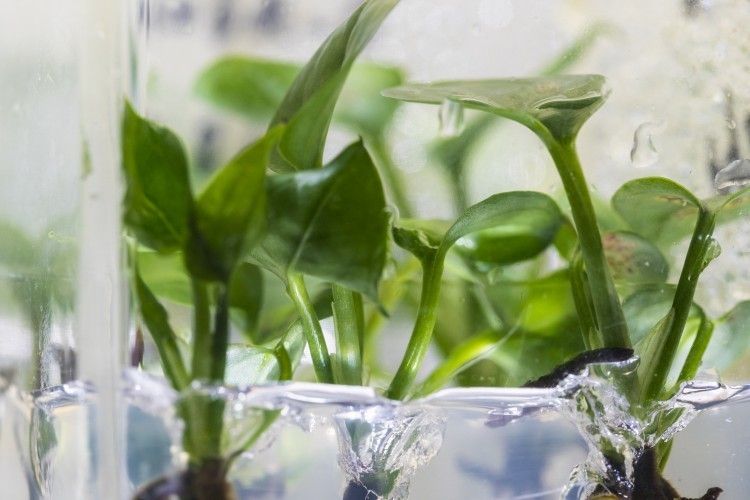Scientists at the University of Washington (UW) may have found an unexpected way to tackle persistent indoor air pollution: a common houseplant modified with rabbit DNA.
Researchers wanted to find a way to remove the toxic compounds chloroform and benzene from the home, a UW press release explained. Chloroform enters the air through chlorinated water and benzene comes from gasoline and enters the home through showers, the boiling of hot water and fumes from cars or other vehicles stored in garages attached to the home. Both have been linked to cancer, but not much has been done to try and remove them. Until now.
“People haven’t really been talking about these hazardous organic compounds in homes, and I think that’s because we couldn’t do anything about them,” senior study author and UW civil and environmental engineering department research professor Stuart Strand said in the release. “Now we’ve engineered houseplants to remove these pollutants for us.”









Comments are closed.